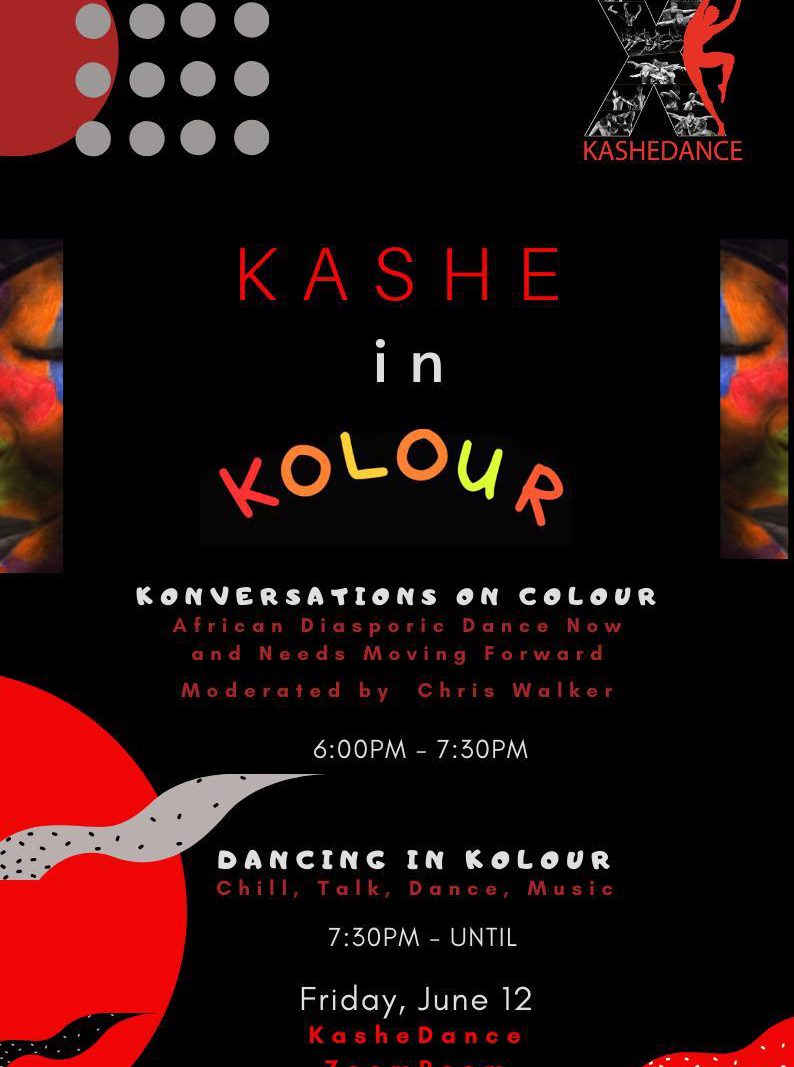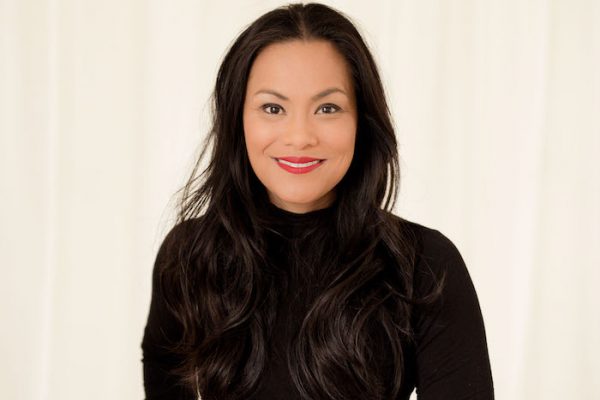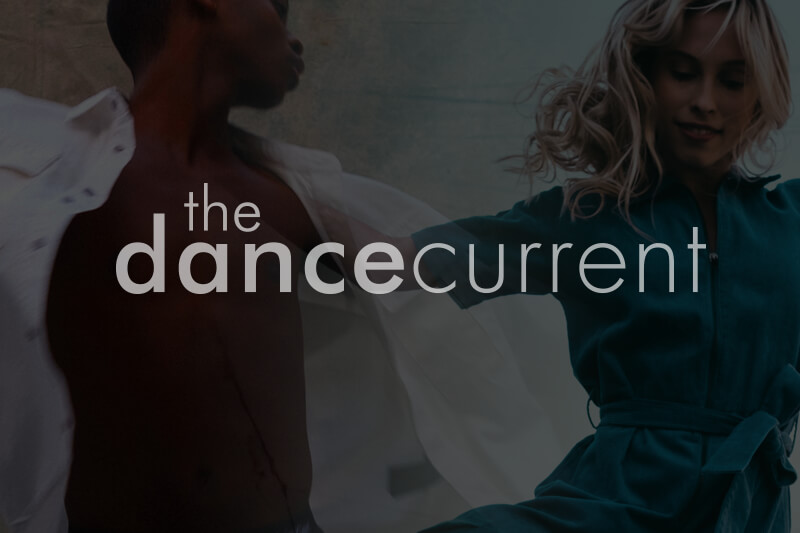While anticipating a new decade of growth and possibilities, the dance community came to an unprecedented halt in March 2020. But under COVID-19 restrictions, an even greater emergence impacts the emotional well-being, spirits, safety and livelihoods of Black people: Anti-Black racism. Our Black Canadian dance professionals were doubly compounded with COVID-19 and another pandemic of racial terror upon Black bodies, with traumatizing reminders of the pervasive power, the oppressive policies and the cultural problems in Canada and beyond.
Anti-Black racism is not only specific to skin colour; it’s also a set of systemically embedded patterns of privileged attitudes and behaviours that marginalize, exclude and mistreat Black people. Contrary to what some Canadians may think, racism did not only become a problem a few weeks ago; it’s historically perpetuated throughout experiences of African-descended peoples, here and abroad.
The Black dance sector should not bear the emotional labour or exert energy to educate the Canadian dance industry and institutions. While solidarity statements arise, I am one of many navigating through calls and questions from non-Blacks on what they can do. The exhausting conversations of proving our humanity when dehumanizing acts are captured on video while we continue to be productive is a lot. In this instance, Canadian Black dancers have evoked all rights to self-determine and galvanize what their own needs are.
The complex immediacy of the times called to action KasheDance, an Afro-contemporary dance company based in Toronto on the heels of postponing its tenth anniversary season because of the pandemic. On June 12, the company hosted a virtual meeting called “Konversations on Colour: Canadian African Diasporic Dance Now and Needs Moving Forward” as a broader call for a collective plan around community, representation and partnerships. Kevin Ormsby, artistic director of KasheDance, welcomed contributions from Black professional choreographers and dance companies. Christopher Walker, KasheDance creative associate, facilitated responses centring the experiences from Canadian creatives whose indigeneity represent African and Caribbean space and intellect.
I represent a dance generation affected by racism, but what must be understood is that none of this is new. The virtual meeting uprooted too many decades of anti-Black racism. This timely dialogue brought forth intersections and positionalities while the virtual space mobilized the voices of the pioneers and opened an intergenerational conversation of the present times.
Here is what some of the participants had to say:
Zab Maboungou, artistic director of Compagnie Danse Nyata Nyata, discussed how Canadian arts erased Africa in discussions as she lobbied for the inclusion of contemporary global cultures. She was involved in consultations that challenged the Canadian arts sector on their hegemonic definition, aesthetics and how they viewed arts practices, which in turn uncovered many existing organizations that represented cultural diversity, regionally. It is problematic that Black artists are not afforded the credit of all the complexities in instigating such important changes.
As the only presenter of African diasporic dance at the meeting, Vivine Scarlett, founder of dance Immersion, unpacked some similar challenges, including the constant explaining of what the diaspora means, with its different expressions that bring histories and contemporary stories to light. She also mentioned the constant Othering and a pattern of presenters sending Black dancers to her organization rather than engaging the dancers in their own institutional opportunities.
Charmaine Headley and BaKari I. Lindsay, co-artistic directors of Collective of Black Artists (COBA), spoke about challenges of sustainability by depicting the cultural trajectory of heavily funded Canadian training institutions who continue to exclude Black dance vernacular. Therefore, on top of creating work, pressure is added to Black choreographers to train their dancers in traditional African and Caribbean contemporary aesthetics and embodied nuances.
Michèle Moss, co-founder of Decidedly Jazz Danceworks, spoke of her three-decade equity and accessibility fight, a fight she equated to “moving the heaviest of stones.”
Patrick Parson, artistic director of Ballet Creole, addressed filling a diversity gap through Ballet Creole’s decades of providing arts education in schools, allowing diverse dancers from the African diaspora to have a salary beyond a seasonal performance.
Casimiro Nhussi, artistic director of NAfro Dance Productions, spoke of his invisibility and his sole responsibility to train dancers in his African vocabulary. His national biennial dance conference presents diasporic works educating a predominately white and Indigenous community.
Esie Mensah, artistic director of Esie Mensah Creations, thanked the advocacy of the elders that has allowed for opportunities to create. Shifting from the commercial dance industry, Mensah presents her own ancestral work as another African voice speaking about Africa. Noting dance Immersion as a true champion for her international choreographic opportunities, she cultivates a creative resistance to “turn venom into gold” and balance navigating opportunities in the concert and theatre industries.
While unpacking equity in arts, this discussion showed how ideas and the presence of Black engagements are challenged and interrupted rather than supported. Elders are tired of conversations; the community is not interested in performance allyship.
It is the responsibility of the Canadian dance sector to move beyond panels and conversations for actionable changes. Who is ready for a full interrogation of systems and equitable inclusion that amplifies Black dance narratives, creation and intellect? More change is required, and the conversation is not over. Embrace the uncomfortable and stand in this revolutionary catalyst to eradicate anti-Black racism across Canadian dance institutions and the industry.
~
Watch the entire meeting here >> vimeo.com/435976102?ref=em-share
Tagged: On the Ground, Various, All






